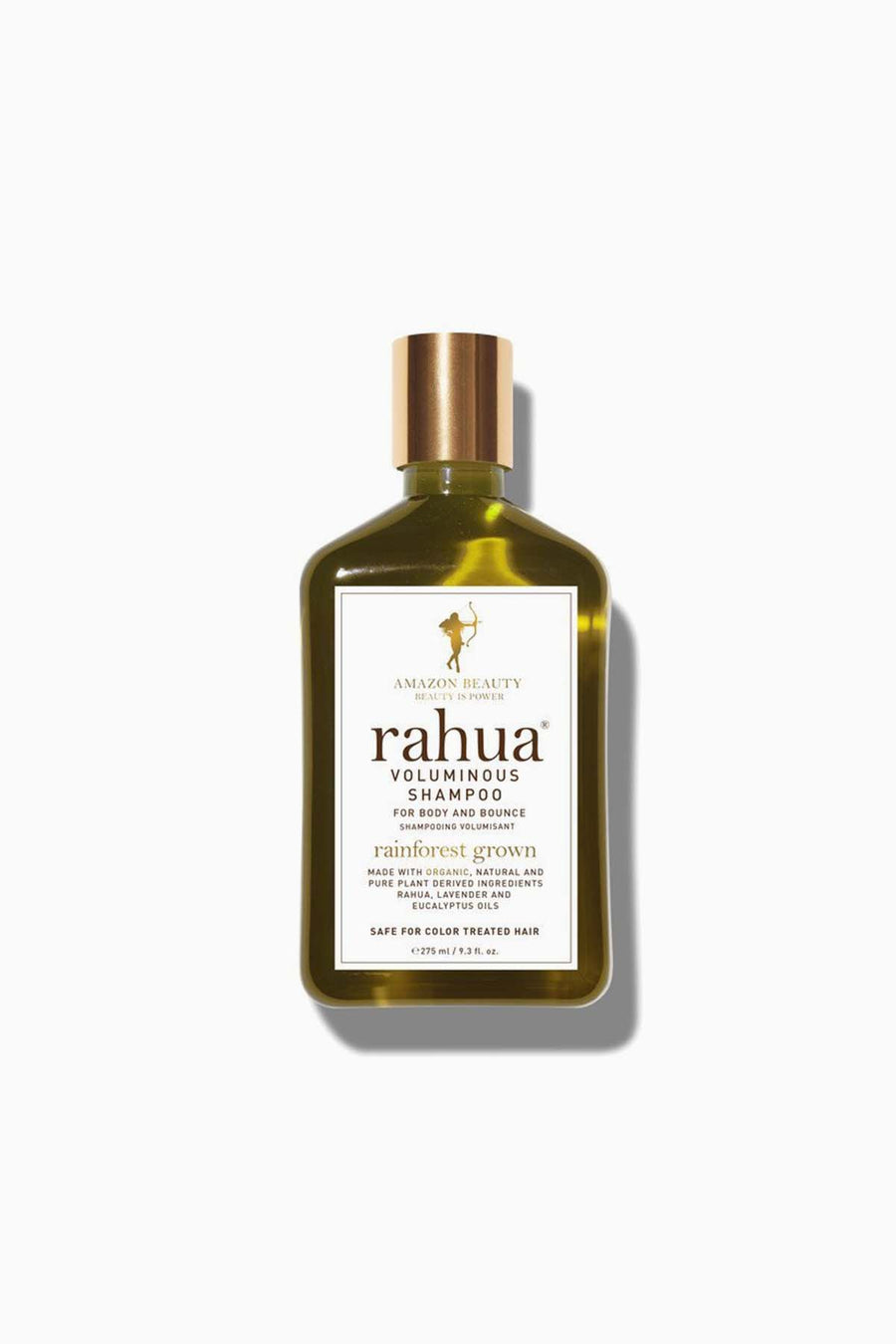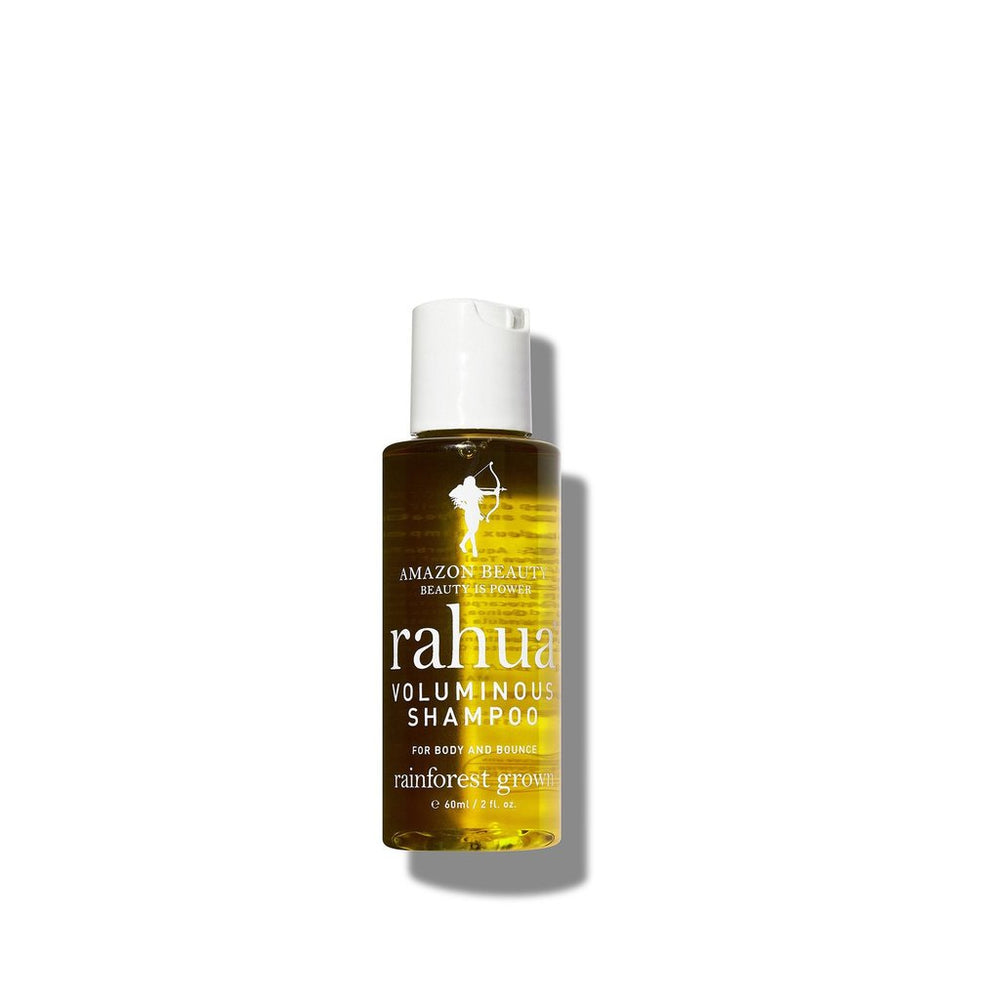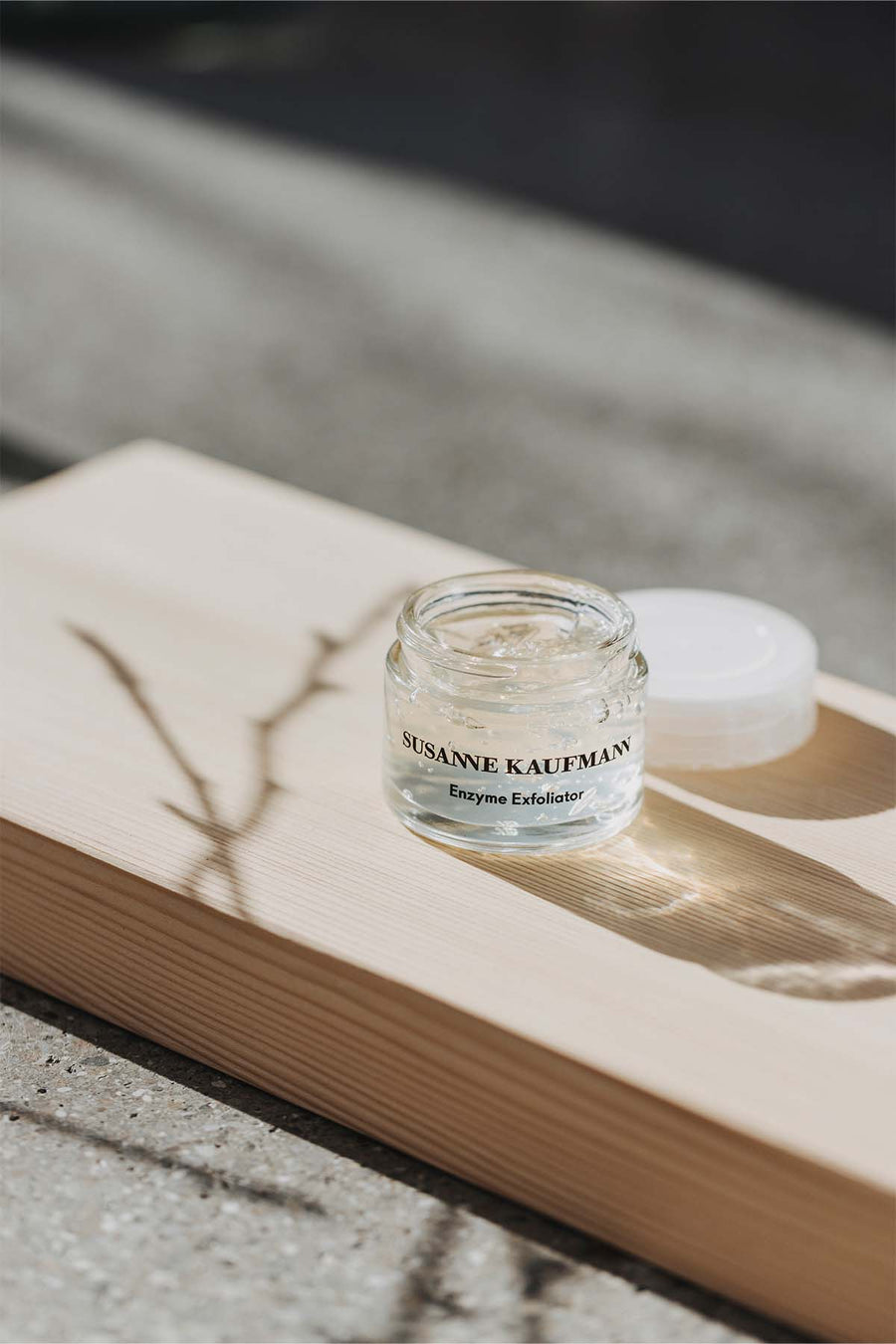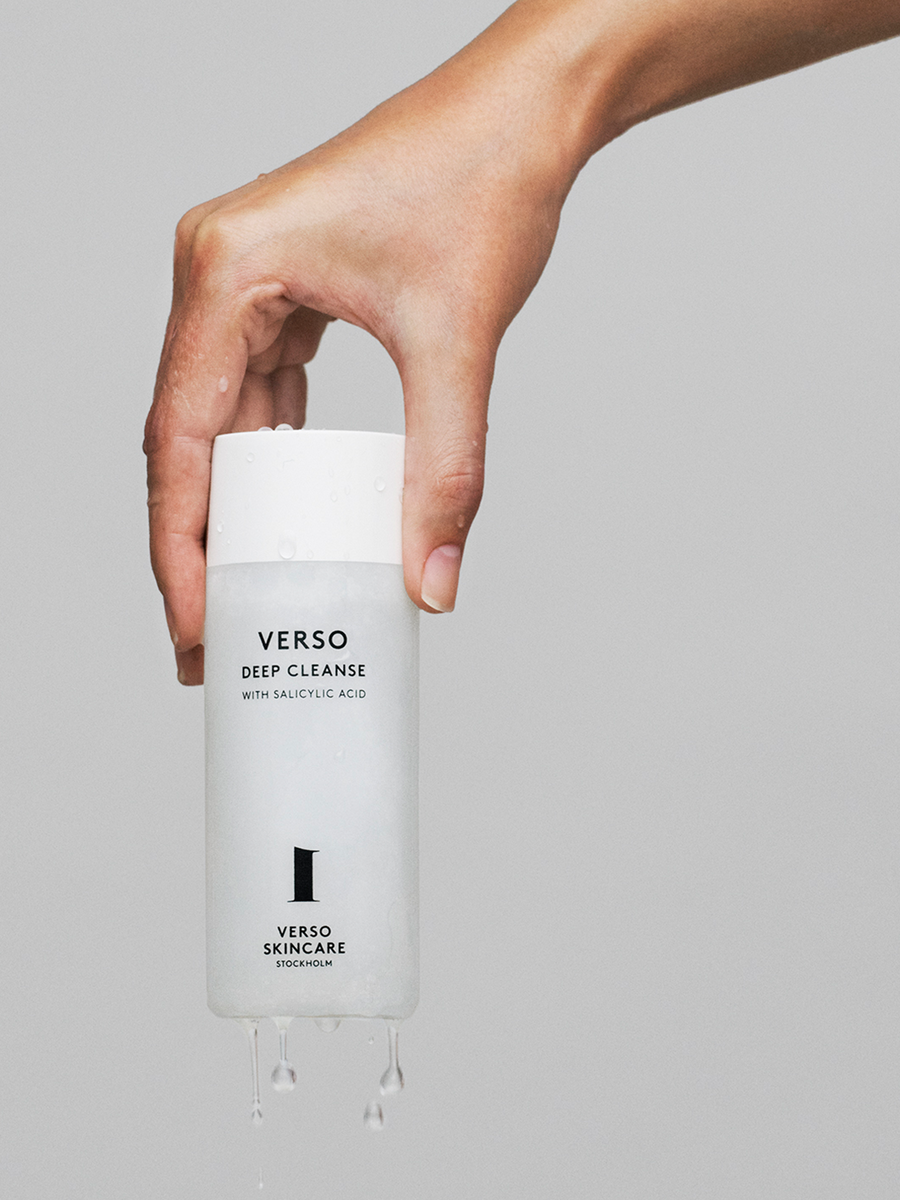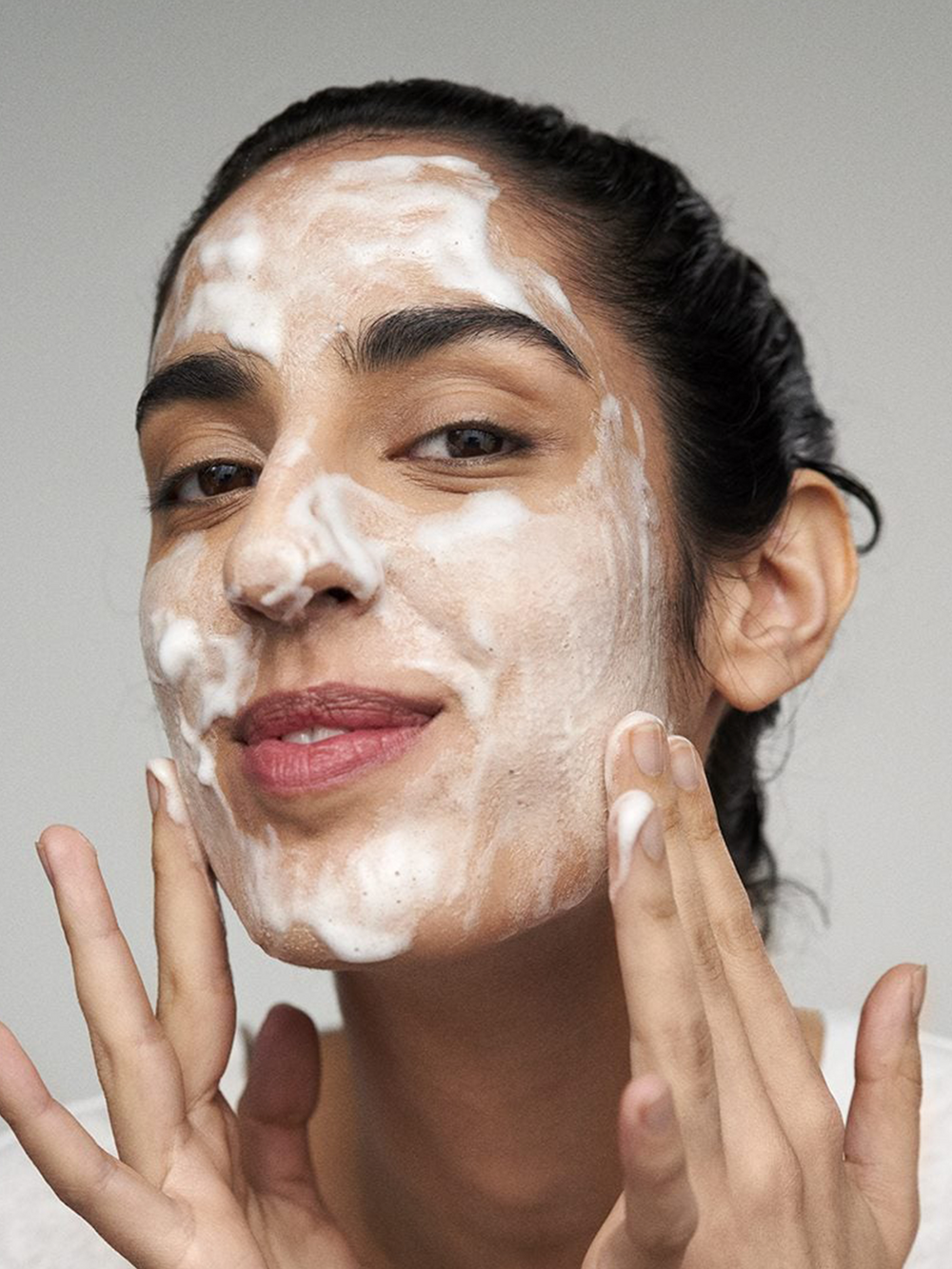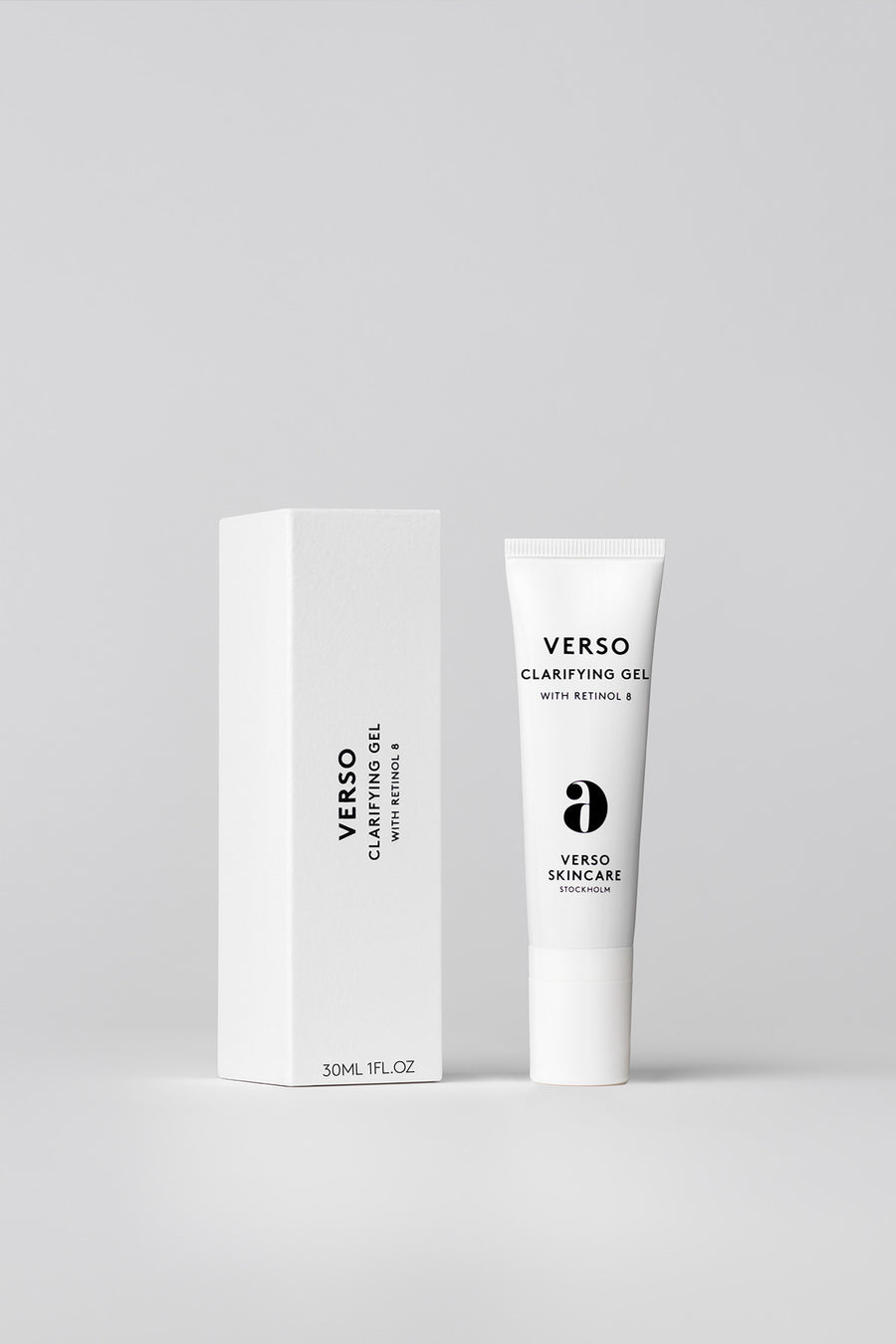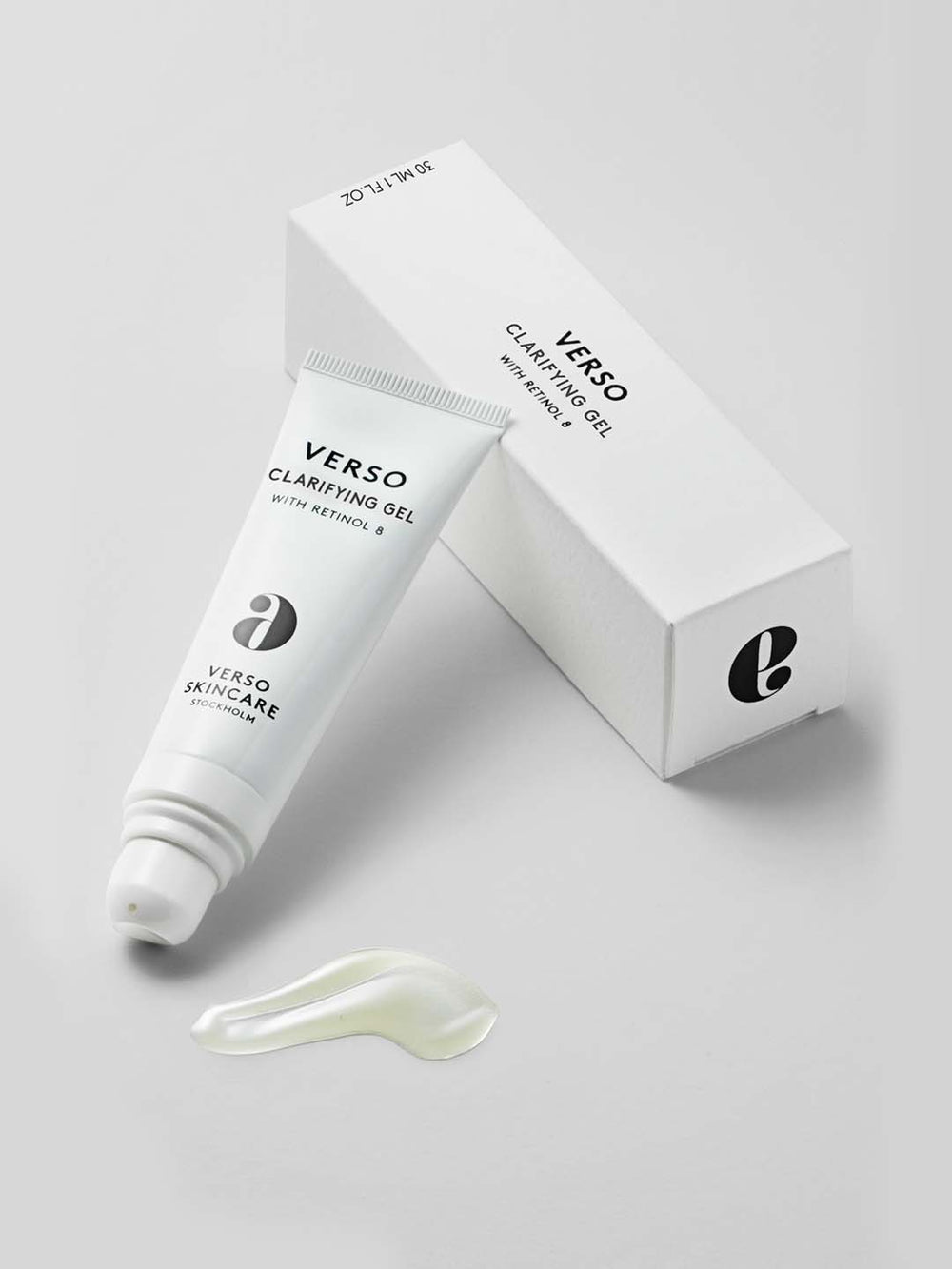If you made it through your teenage years without experiencing teen acne, consider yourself fortunate. Teenage acne is a common skin disorder that affects your face, shoulders, chest, and back, and it impacts an estimated 80% of individuals between the ages of 11 and 30 at some point. The primary cause of teen acne is fluctuating hormones that increase oil production. When oil, also known as sebum, combines with dead skin cells, it traps bacteria, causes inflammation, and clogs pores, leading to breakouts. However, other factors such as stress, genetics, and a diet high in sugar and processed foods can also contribute to acne in teenagers.
Here are some effective teen acne treatments that can help you get clearer skin:
1. Wash Your Face Twice a Day with a Gentle Cleanser
The most important rule for teenagers with acne-prone skin is to always wash your face twice a day. This removes impurities and effectively cleanses your pores. For teenagers with acne, it's also essential to remove all makeup before going to bed and wash your face after working out. To enhance your teenage acne solution, you may consider using a deep-cleansing product after your regular cleanser, which can help penetrate deeper into the skin.
2. Use the Right Moisturizer
For individuals with oily skin, the idea of moisturizing may seem unnecessary, but it's a crucial part of any skincare routine for teenage acne. Even if you have acne, it's important to keep your skin’s barrier healthy by using a moisturizer for acne-prone skin. Moisturizing helps balance oil production and prevent over-drying, which can lead to more breakouts. Opt for a mattifying moisturizer or a moisturizing gel, both of which are ideal for teen acne-prone skin.
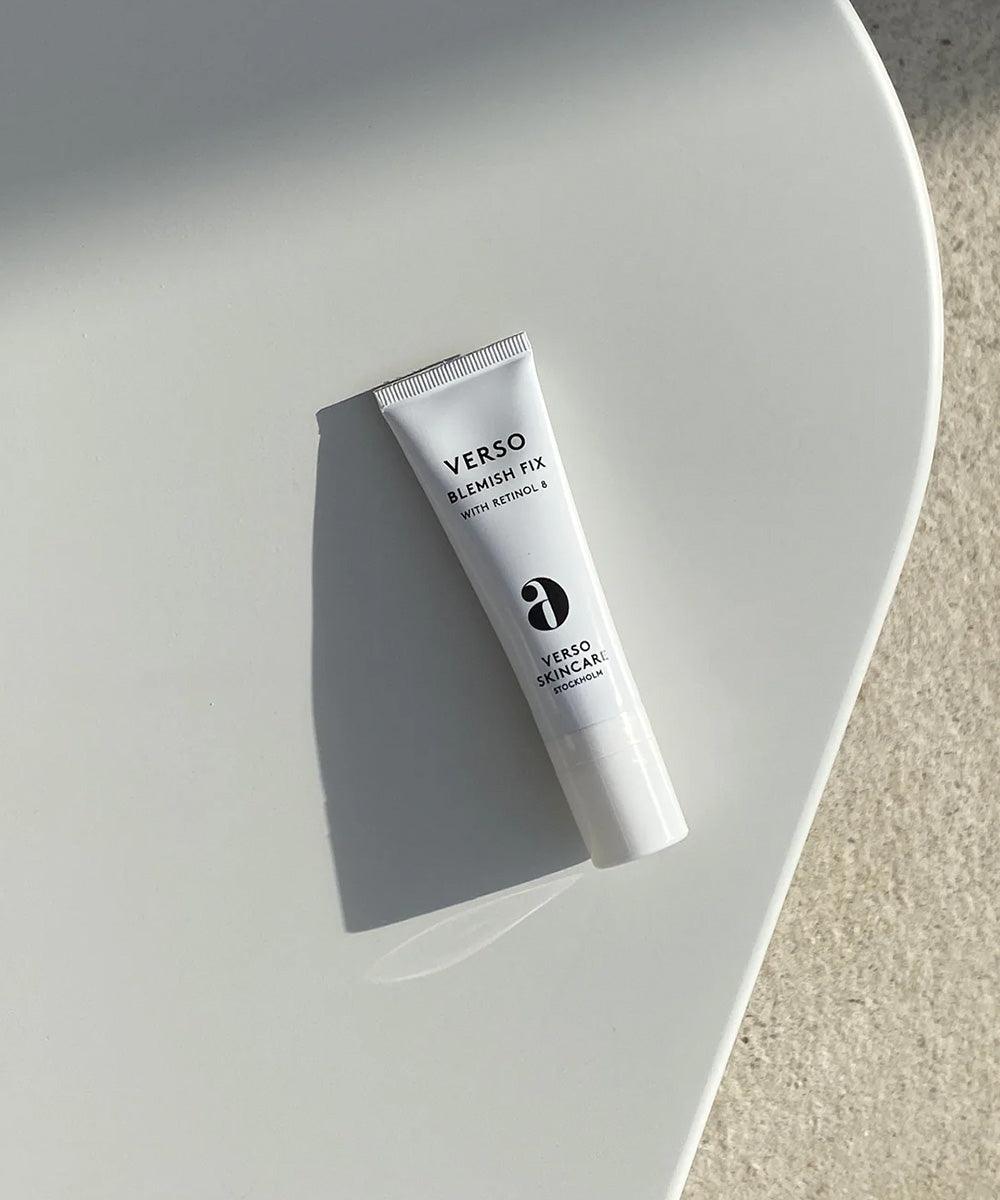
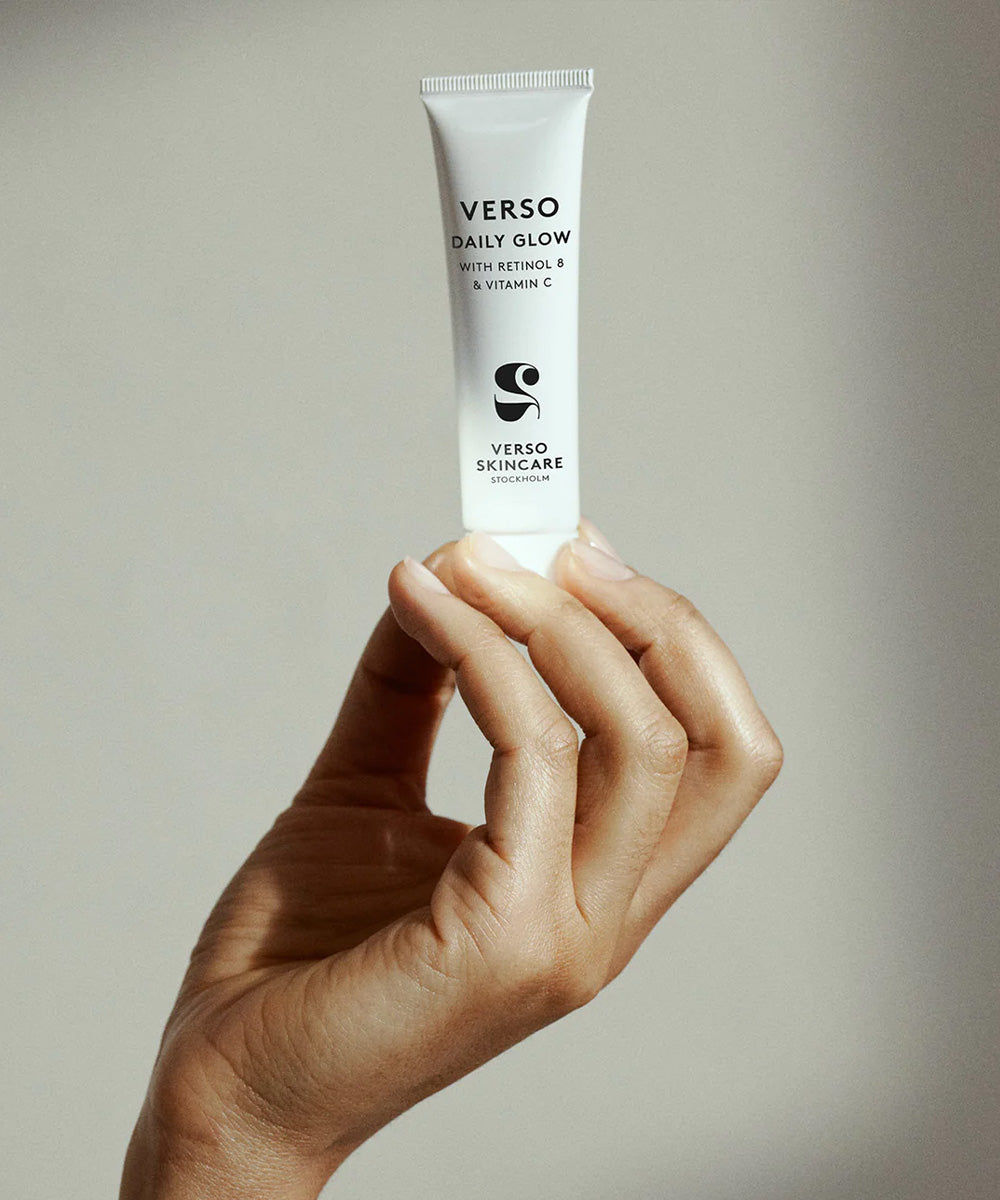
3. Weekly Facial Masks for Better Skin
Incorporating a face mask into your skincare routine once or twice a week can significantly improve the health of your skin. Purifying face masks for teen acne deliver active ingredients, vitamins, and nutrients that reduce redness, oil, and sebum. For optimal results, choose a facial mask for teenage acne that targets impurities and promotes a clear, healthy complexion without stripping your skin.
4. Less is More
When treating teen acne, it's essential to remember that less is often more. Many teens make the mistake of using harsh acids like glycolic acid or benzoyl peroxide, which can dry out their skin. This may cause overproduction of oil, leading to even more teen acne breakouts. Focus on a gentle skincare routine for acne-prone teenagers that includes consistent cleansing, moisturizing, and sun protection.
5. Beauty Comes from Within
If you're struggling with acne in teenagers, consider incorporating supplements like zinc into your daily routine. Additionally, reducing your intake of sugar and processed foods can positively impact your skin. A healthy diet for teenage acne that's rich in vitamins and minerals can reduce the frequency of breakouts and improve the overall appearance of your skin.
6. Drink Water
Staying hydrated is key to maintaining the overall health of your skin, especially for those with teen acne-prone skin. Adequate water intake helps flush out toxins, improves blood circulation, and keeps your skin moisturized, which can reduce teenage acne breakouts. Aim for at least eight glasses of water a day to help maintain clear, healthy skin.
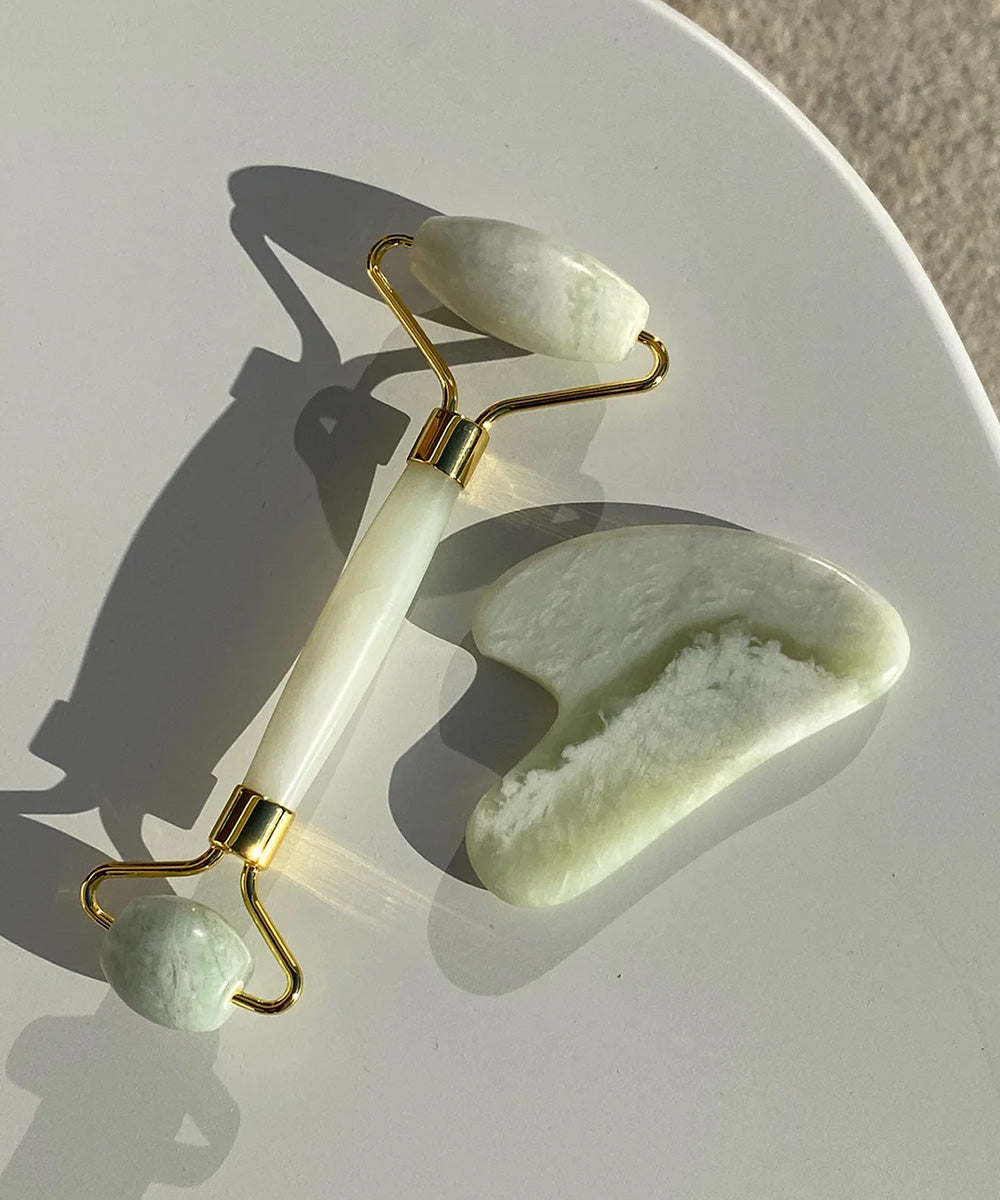
Remember, You Are Beautiful!
It’s easy to think that having clear skin equals beauty, but that’s simply not true. Beauty comes in all forms, and it's important to remember that your worth isn't determined by the state of your skin. Teen acne is a medical condition, caused by factors like genetics, hormones, and lifestyle. It can be managed with the right teen acne treatments and self-care. Remember, you are not alone in your struggle with acne, and you deserve to feel confident and beautiful in your own skin. Don’t let teen acne define you—focus on embracing your unique qualities and strengths.
And as always, if you're feeling unsure about which products are right for you, we're more than happy to guide you! You can send us an email with your questions, visit us in-store for a chat, or take our quick skincare quiz. Based on your answers, we’ll create a personalized skincare routine just for you and send it directly to your inbox. We're here to make your skincare journey easy and tailored to your needs!










